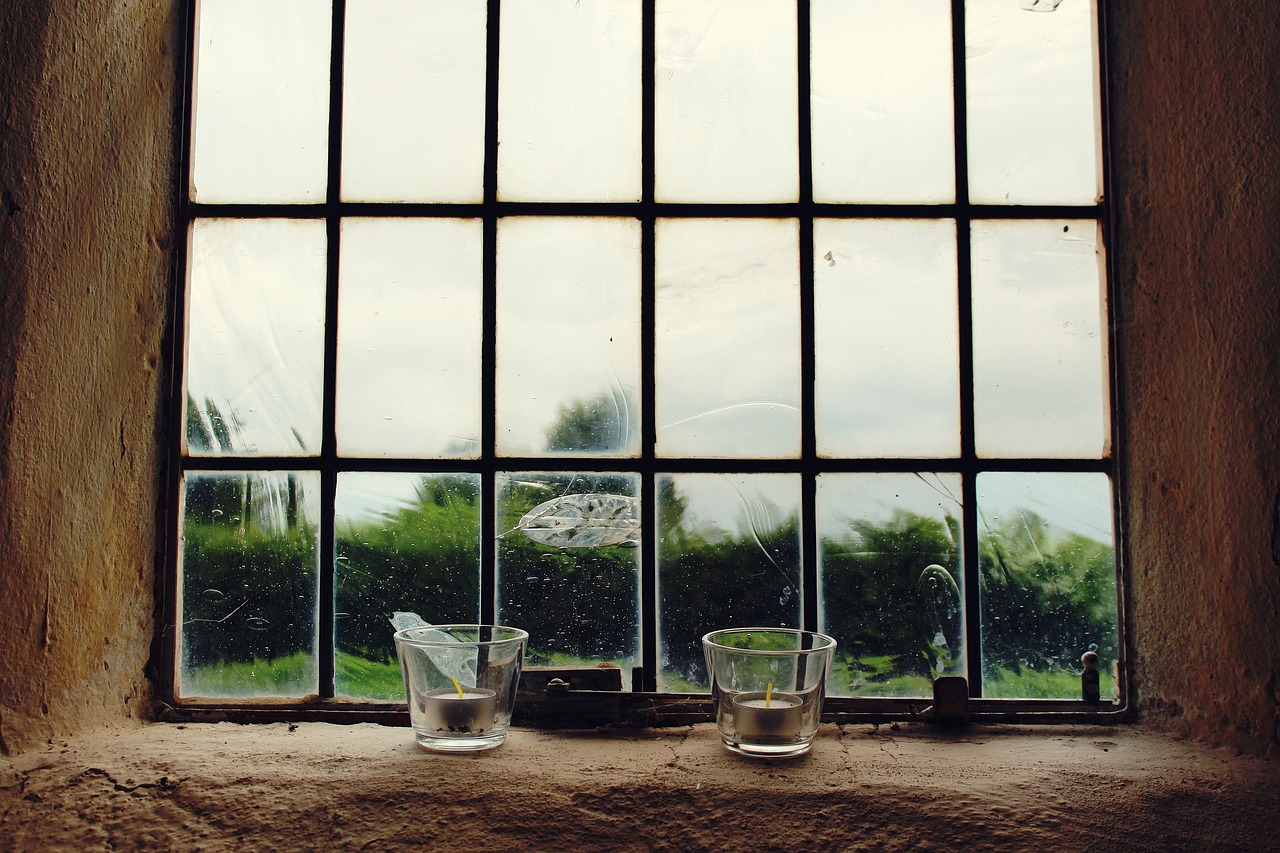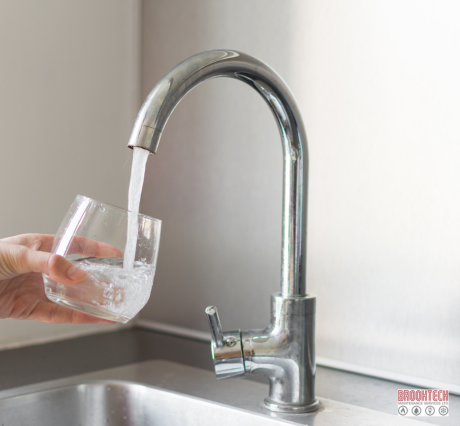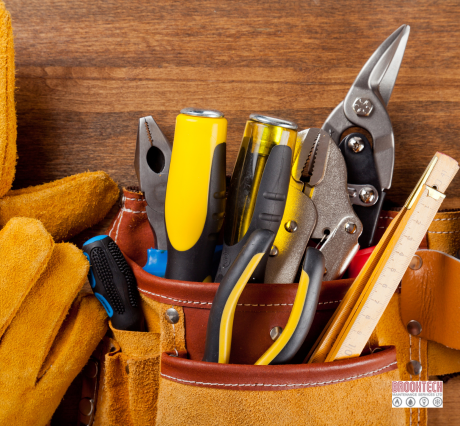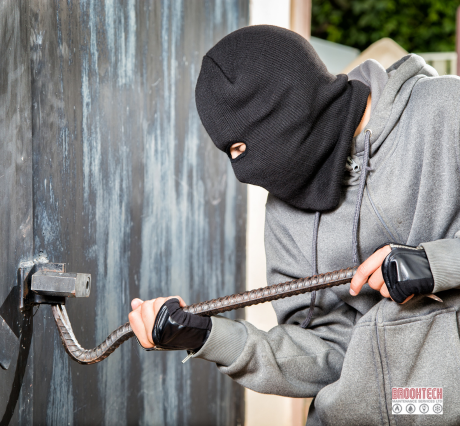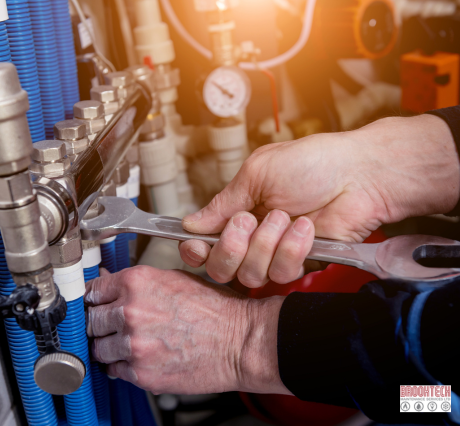Commercial landlords and MEES
Energy Performance Certificates (or EPCs) were introduced in the UK back in 2007. At first, they were applicable to all properties as part of the Home Information Packs that property sellers were required to produce for prospective buyers. These packs were abolished in 2010 but the EPC survived and is still with us.
The EPC rating is based on an assessment which is carried out by an energy specialist who visits the property and tests important aspects of the building such as floors, walls, cavity walls and any insulation materials. Additionally, they will check the boilers, radiators, heating control systems and windows, especially if there is double-glazing installed. The ratings rank from A to G with A being the most efficient and G being the least.
Minimum Energy Efficiency Standards
Minimum Energy Efficiency Standards, or MEES, were introduced in 2015 and they made it impossible for a commercial landlord to renew any existing lease, or grant a new lease, to any premises which does not have an energy rating of E or lower. This will be extended in April 2023 to include any existing lease agreements.
The regulations that will come into force next April put about 10% of all commercial properties in the UK at risk of non-compliance. Penalties for the owners can be quite severe. As well as being heavily fined, they can also be “named and shamed” by being placed on a public register.
What can commercial landlords do?
There are a number of things that all landlords can do to help meet the new standards. First of all, they need to plan ahead. They need to think about updating and overhauling things such as any complete electrical systems, CCTV, fire and security alarms, emergency and LED lighting, electric vehicle charging points, air conditioning units, refrigerated storage and display units among others.
Secondly, they should talk to professionals in the trade about new options for energy efficiency which are coming onto the market all the time. Manufacturers are constantly improving boilers and heating systems to make them more energy efficient and modern double-glazed windows are much better at keeping warmth in during the cold months. It may also be advisable to consider installing insulation.

